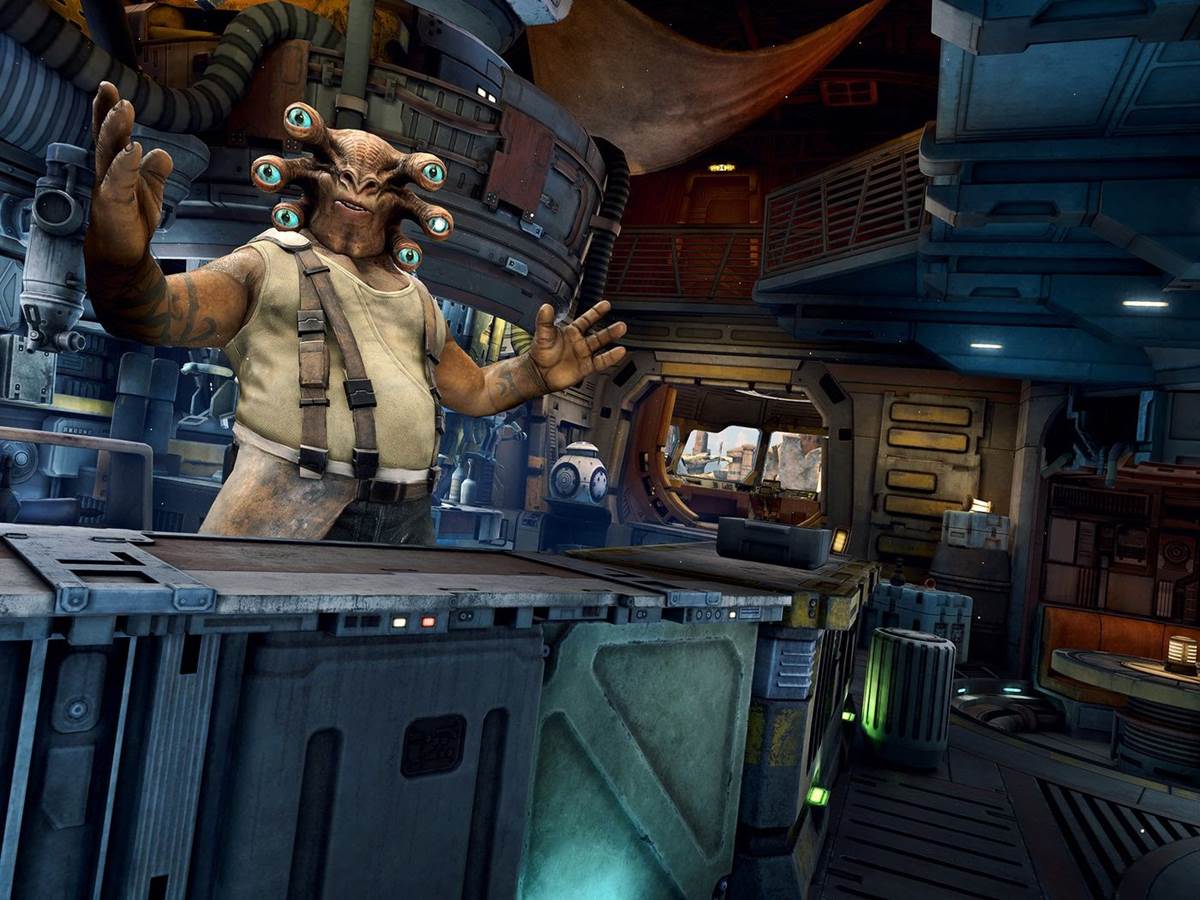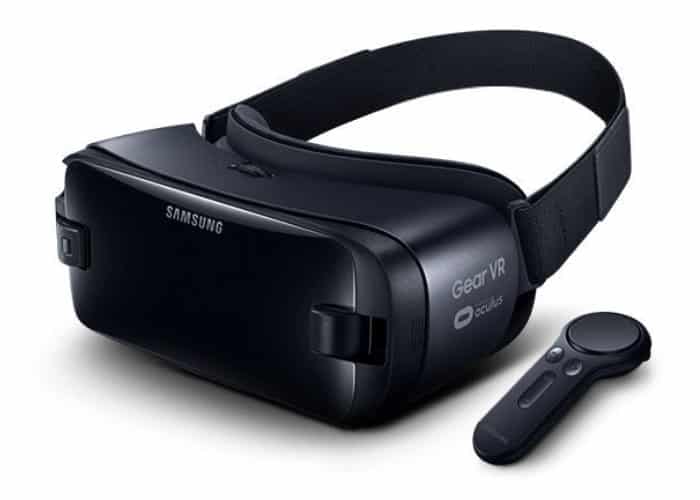
- #Galaxy gear vr desktop game Pc#
- #Galaxy gear vr desktop game windows 7#
- #Galaxy gear vr desktop game tv#
802.11n/ac wireless or ethernet wired connection.
#Galaxy gear vr desktop game windows 7#

ALVR provides smooth head-tracking compared to other apps in a Wi-Fi environment using Asynchronous Timewarp. This is similar to Riftcat or Trinus VR, but our purpose is optimization for Gear VR.
#Galaxy gear vr desktop game Pc#
DescriptionĪLVR streams VR display output from your PC to Gear VR / Oculus Go / Oculus Quest via Wi-Fi. Go is now supported on the repository as well as Quest/Quest2.įor GearVR users: You can get unmaintained version on this repository (See below). This repository is not maintained for a long time.įork version is actively developed on the following repository. With it, you can play SteamVR games in your standalone headset.Ĭheck the latest new about ALVR in Discord server This repository is no longer maintained Check ALVR - Air Light VRĪLVR is an open source remote VR display for Gear VR and Oculus Go/Quest. Latest version is developed by alvr-org origanization. On the mobile side, Google improved on its Cardboard product with its mobile-powered Daydream to counter Samsung’s Gear VR.** This repository is no longer maintained.** Rift and HTC’s Vive were available for PC early that year, while Sony’s PSVR would be out in October for PS4. “But as happens with very new technology, until you can go from pure hype-like, ‘this is going to change everything,’-to really finding specific useful cases, it never becomes this instant, overnight thing.”īack in 2016, it seemed that every major tech company was eager to carve out its piece of the VR pie. “The expectation among the nascent industry was that it was going to be this crazy takeoff,” Lang said.
#Galaxy gear vr desktop game tv#
(Goldman Sachs said in 2016 that mass adoption of VR hardware alone would overpower the $99 billion TV market by 2025, and it was hardly the only company making such lofty claims.)īut an instant revolution was never in the cards, as Road to VR executive editor Ben Lang told Ars. AdvertisementĮvan-AmosWhen the Rift CV1 was released, evangelists proclaimed that VR wasn’t just going to revolutionize games-it would change the world. Meta’s Quest 2 headset has helped significantly revitalize consumer interest in the sector with its user-friendly experience and relatively low price (though it's not as low as it once was), with its Oculus Store supporting a handful of bona fide VR-native hit games. But the latest wave hasn’t been another high-profile failure, either.

Six years later, VR has yet to reach the stratospheric heights its cyberpunk fantasy promised. “We all wanted Snow Crash to happen, and then we put on the things, and it was just Pterodactyl Terror, and we all threw up,” he told Ars, possibly (jokingly) misnaming Virtuality's less-than-stellar VR arcade experiment Dactyl Nightmare. Decades removed from the hangover of failed VR arcades and gimmicky consumer trinkets, things would be different this time.ĭouble Fine’s Tim Schafer put it best at DICE 2016. Google even partnered with Disney to give away its low-tech paper Cardboard sleeves, enticing fans of Star Wars and other mega properties with themed mobile experiences.
:no_upscale()/cdn.vox-cdn.com/uploads/chorus_image/image/51300823/samsung-unpacked-gear-vr-13_2040.0.0.jpg)
Oculus’ co-founders were breathlessly profiled in glossy magazines, with Luckey landing on the cover of Time in August 2015. Analyst predictions were bullish, going so far as to say that the VR market would be worth $150 billion in just five years.

The lead-up to the 2016 launch of the first consumer version of the Oculus Rift (the CV1) only raised consumer VR’s profile further. Two years later, Oculus accepted a $2 billion buyout offer from Facebook. This led the Kickstarter campaign for the first Oculus developer kit to balloon past its $250,000 funding goal on the way to a final haul of $2.4 million. With the demonstration of his impressive prototype Oculus Rift head-mounted display (HMD) in 2012, Palmer Luckey managed to instantly erase the poor image VR had garnered from ‘90s movies like The Lawnmower Man and woefully premature commercial curios like Nintendo’s Virtual Boy. Six years ago, consumer virtual reality seemed set to be the next major tech breakthrough.


 0 kommentar(er)
0 kommentar(er)
